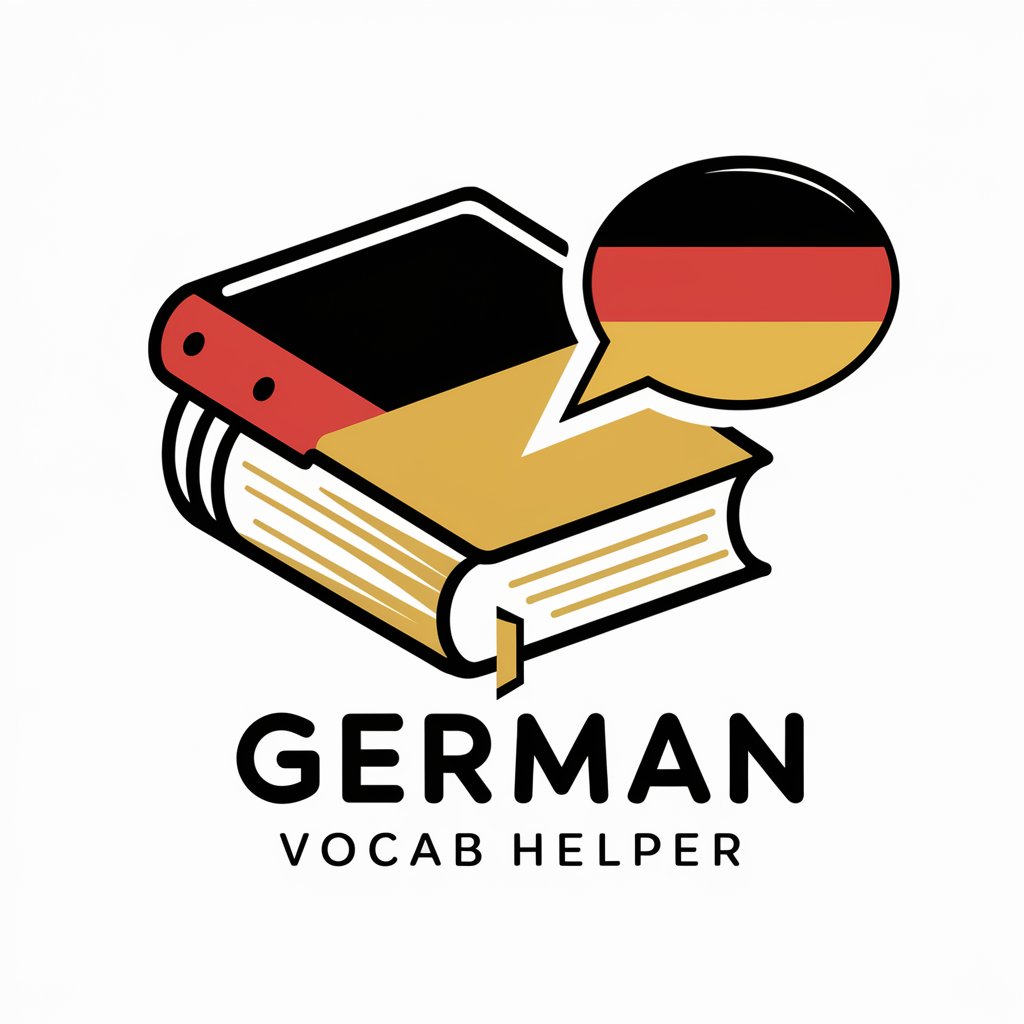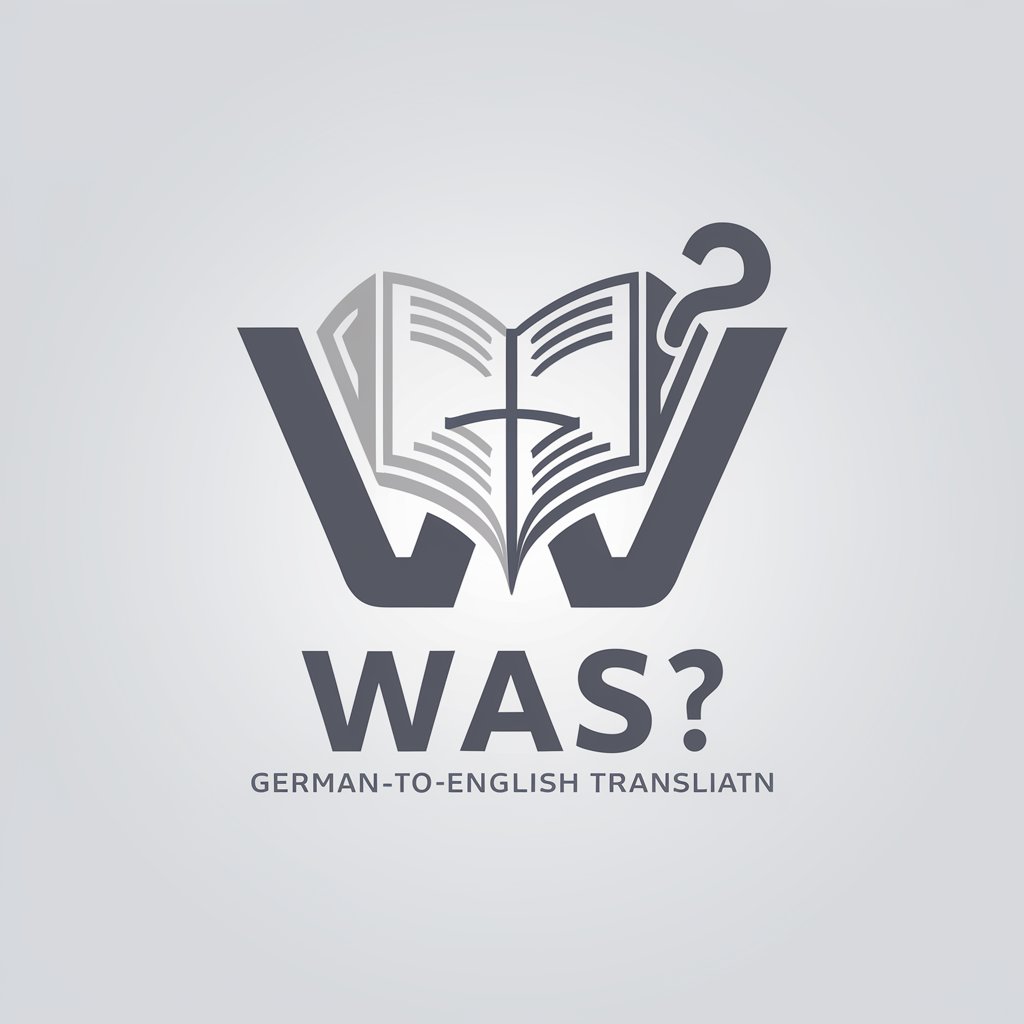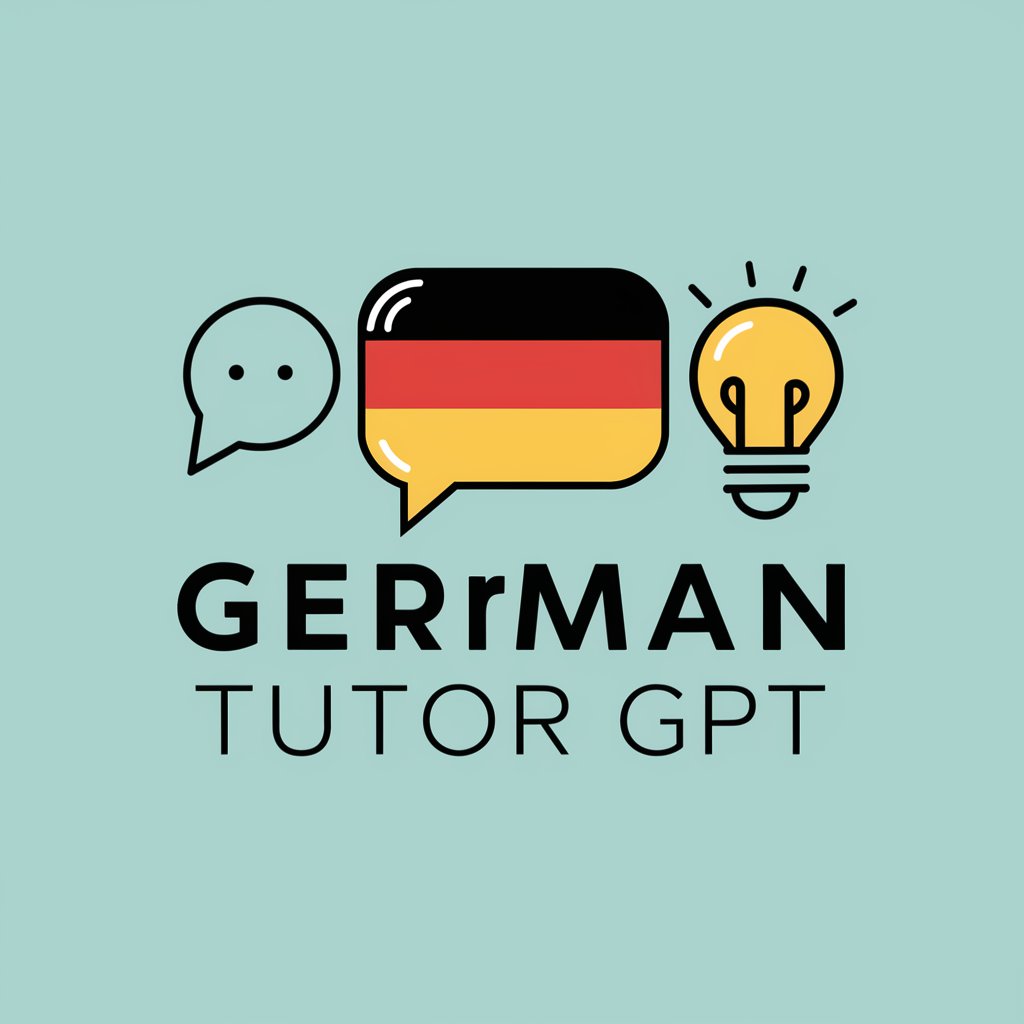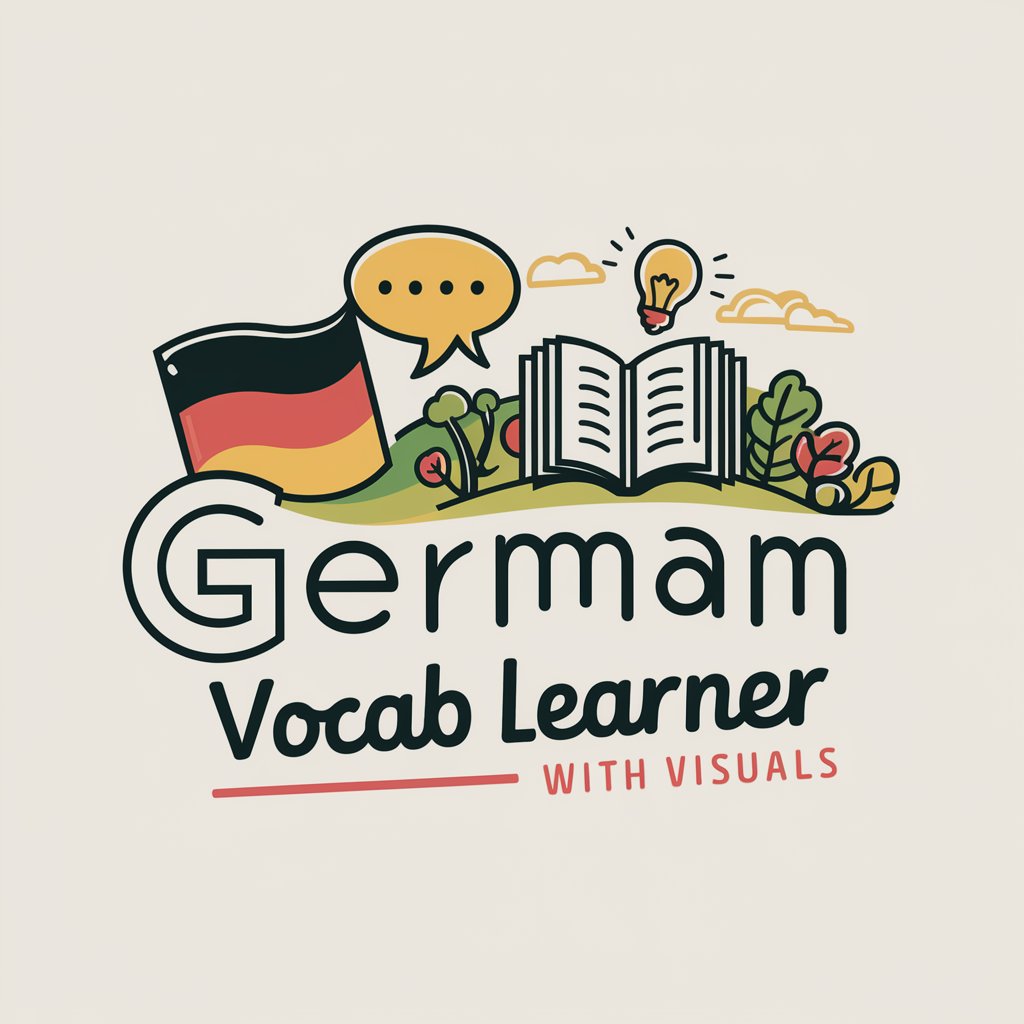
German Vocabulary Origin - German Word Exploration
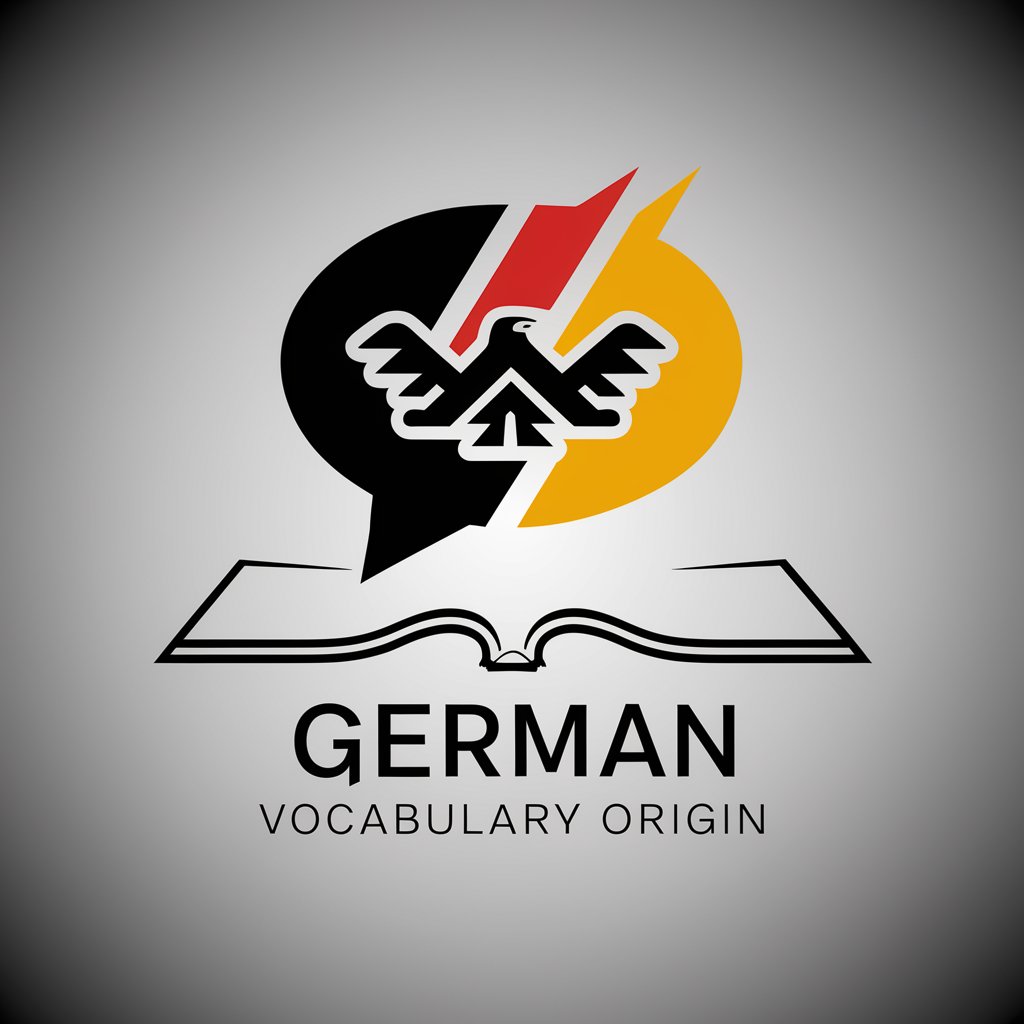
Hello! Ready to explore German vocabulary origins?
Unravel the roots of German vocabulary with AI
What is the origin and meaning of the German word
Can you explain the history and definitions of the word
I would like to know more about the word
Tell me about the usage and background of the German term
Get Embed Code
Exploring the World of German Vocabulary Origins
German Vocabulary Origin is a specialized tool designed to enhance the learning experience of English-speaking individuals who are studying German. It delves into the definitions, origins, and applications of German words, aiming to make the acquisition of German vocabulary more engaging, memorable, and efficient. This tool is not just about translating words from German to English; it offers a deep dive into the etymology of German terms, providing historical and cultural contexts that enrich the learner's understanding. For instance, when a user inquires about the word 'Schmetterling' (butterfly), not only does it give the English translation but also explains its origin, possibly from the belief that witches transformed into butterflies to steal cream, and provides examples in sentences like 'Der Schmetterling flattert über die Blumen.' This multifaceted approach aids in building a robust vocabulary that's rooted in comprehension rather than rote memorization. Powered by ChatGPT-4o。

Diverse Functions Tailored for German Language Acquisition
Definition and Translation
Example
For 'Brot,' it offers 'bread' as the translation, highlighting it as a staple food prepared from a dough of flour and water.
Scenario
Useful in everyday conversations, cooking classes, or understanding ingredients in German recipes.
Etymology and Origin
Example
'Gesundheit,' meaning health, also used to wish someone good health after sneezing, originates from Middle High German 'gesuntheit,' emphasizing wholeness and wellbeing.
Scenario
Helps in understanding cultural nuances and the evolution of language, enriching discussions in language and cultural studies.
Examples and Context
Example
'Ich lerne Deutsch, um die Kultur besser zu verstehen.' This example for 'lernen' (to learn) showcases its use in expressing personal goals.
Scenario
Assists learners in crafting sentences for personal use, academic writing, or language exams.
Common Meanings Connection
Example
The word 'Zug' can mean train, move, or draught. The common thread is the concept of movement or something that moves.
Scenario
Useful in expanding vocabulary by understanding how a single word can have multiple applications depending on the context.
Who Benefits Most from German Vocabulary Origin?
Language Learners
Individuals at various stages of learning German, from beginners to advanced, looking to deepen their vocabulary and understand the cultural context behind words.
Educators and Tutors
German language teachers and tutors seeking interesting and informative content to enrich their teaching materials and engage their students more effectively.
Linguists and Etymologists
Researchers and enthusiasts in the field of linguistics who are interested in the etymology of German words and their evolution over time.
Cultural Enthusiasts
Individuals with a keen interest in German culture, history, and the way language shapes societal norms and values, looking to understand Germany beyond the surface level.

How to Use German Vocabulary Origin
1
Start by accessing yeschat.ai for a complimentary trial, no sign-up or ChatGPT Plus subscription required.
2
Type the German word you're curious about directly into the chat interface.
3
Specify if you're seeking definitions, origins, examples, or all aspects regarding the word.
4
Review the detailed explanation provided, including the word's definitions, its etymology, and contextual examples.
5
Feel free to ask about another word or further clarify your current query for more tailored information.
Try other advanced and practical GPTs
Korean Vocabulary Origin
Discover the roots of Korean language, powered by AI
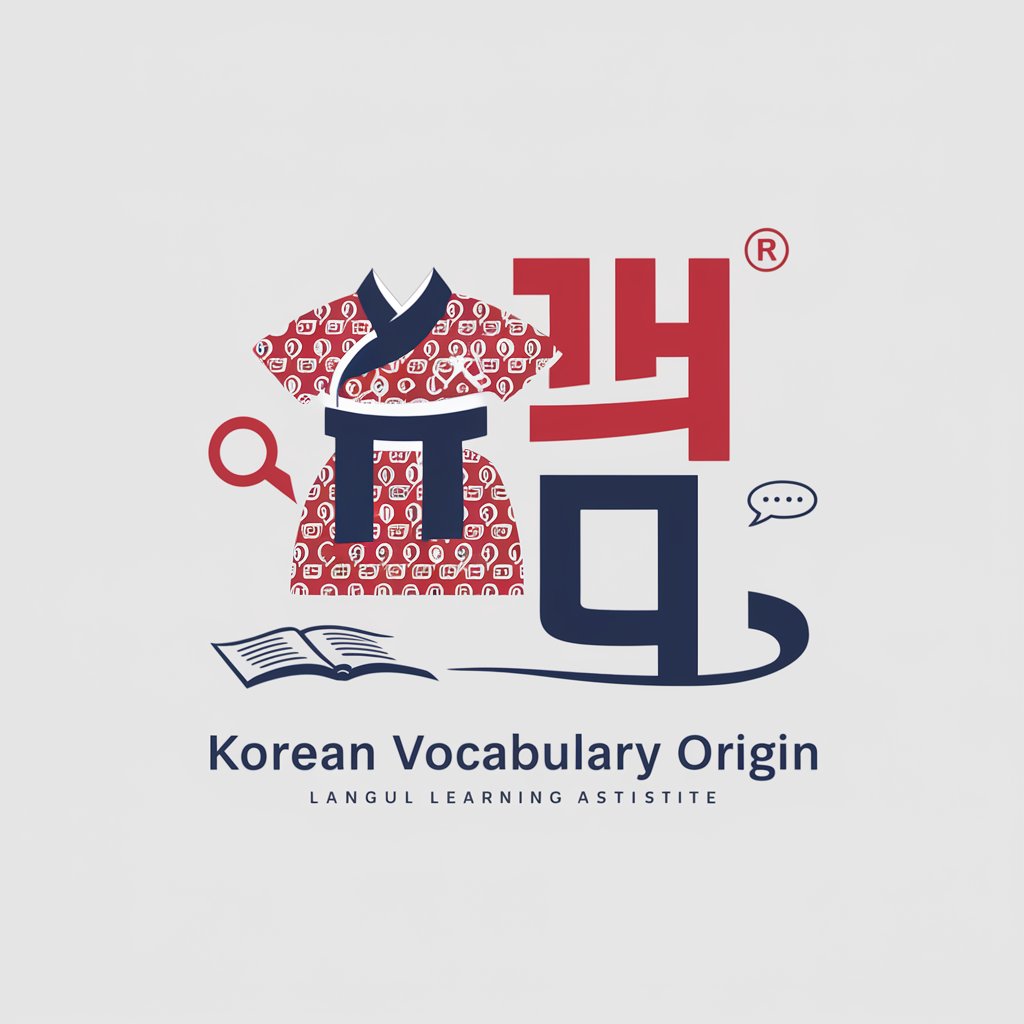
That GPT Rizz
Empowering Your Love Life with AI

Rizz God GPT
AI-powered Romance Mastery

RIZZ GPT
Charisma at Your Fingertips

RIZZ GPT
Empowering Relationships with AI
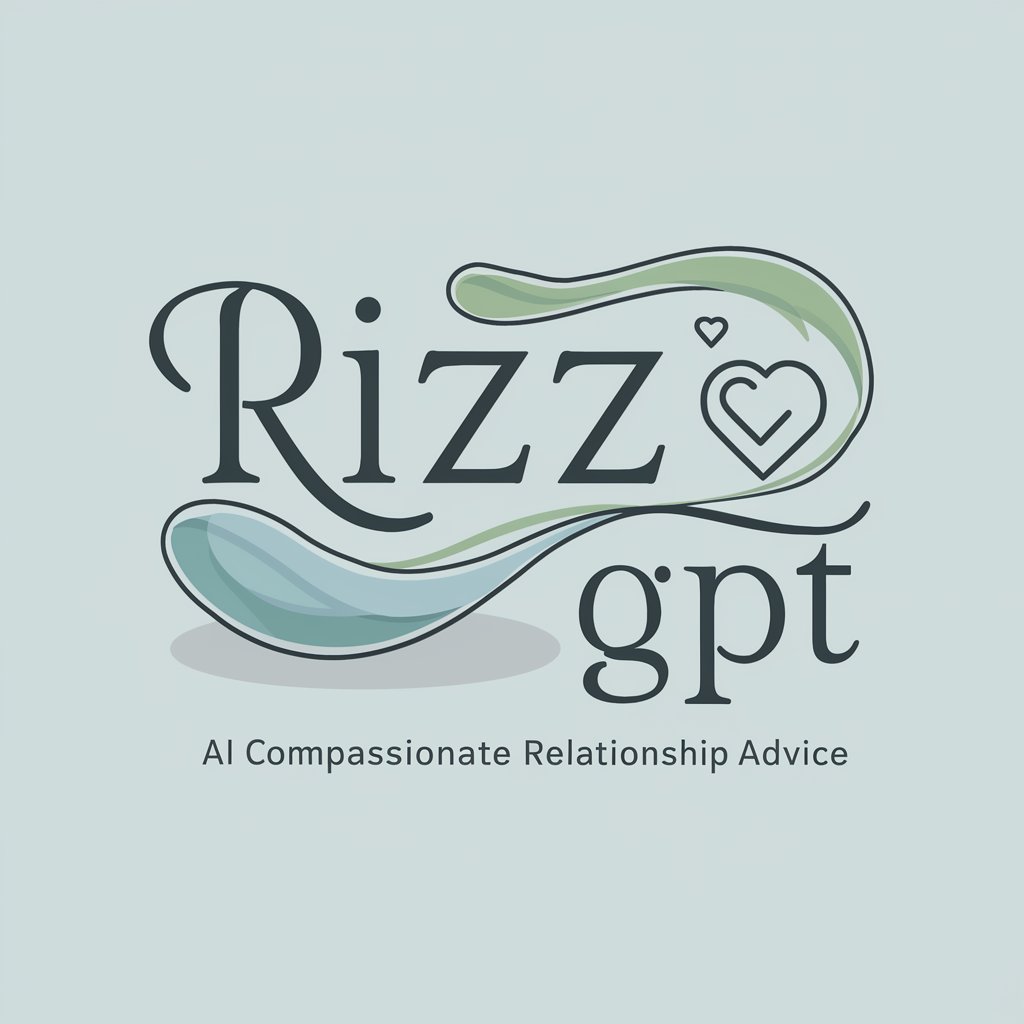
Rizz GPT
Elevate Your Dating Game with AI

Rules of Origin Analyst
Navigate Trade with AI-Powered Precision

Date Origin GPT
Crafting Your Perfect Romantic Moment

WEUI CodeCraft
Transforming designs into code, powered by AI

Code Dictionary
Decoding code, empowering developers.
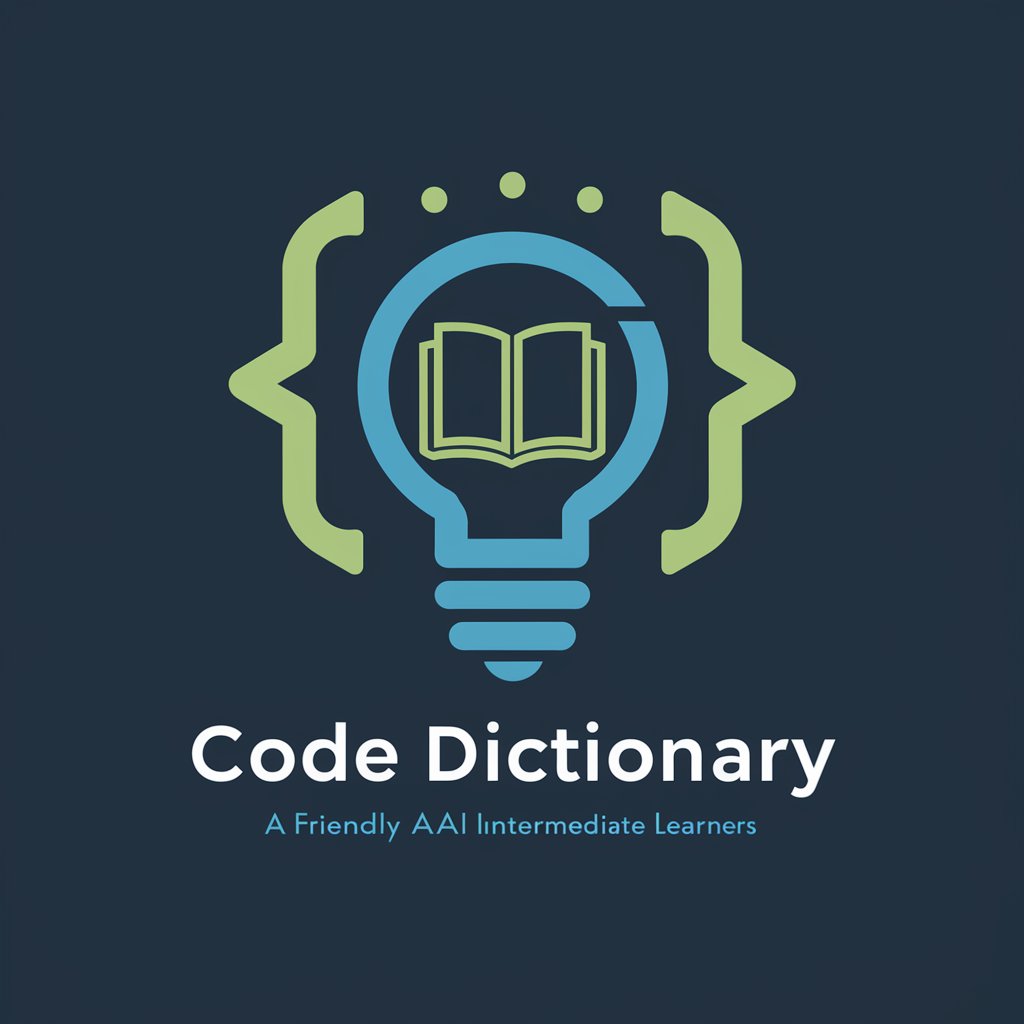
CoderRECODER
Transform your ideas into code instantly
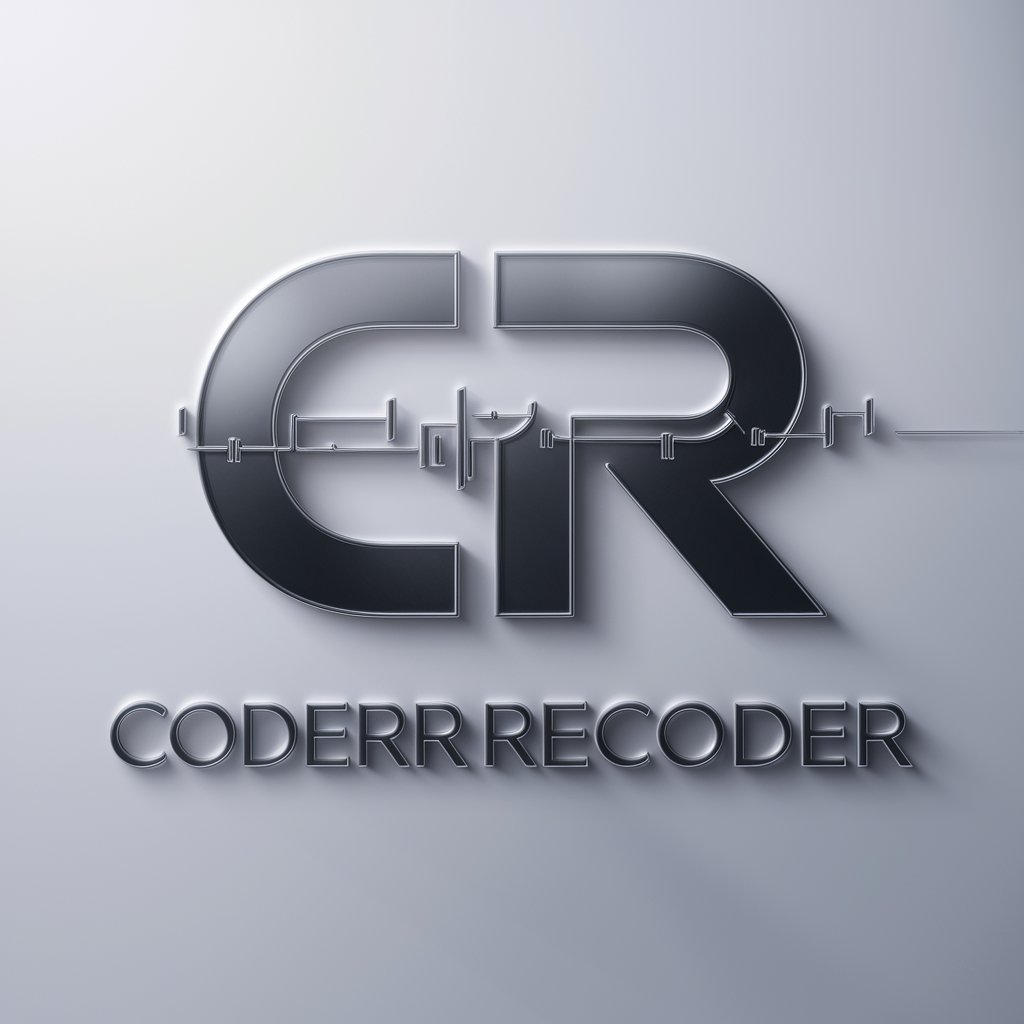
IFC Insight
Demystifying IFC schemas with AI-powered precision

Q&A About German Vocabulary Origin
What makes German Vocabulary Origin unique?
German Vocabulary Origin stands out by providing detailed definitions, etymological backgrounds, and rich examples of German words, catering specifically to L2 English speakers interested in deepening their understanding of German vocabulary.
Can I learn about phrases, or only single words?
While primarily focused on single words, German Vocabulary Origin can also explore phrases. Just input the phrase, and the tool will break down the origins and meanings of each component word.
Is German Vocabulary Origin suitable for all proficiency levels?
Yes, it is designed for learners at all stages, from beginners curious about basic vocabulary to advanced learners delving into nuanced etymological histories and varied uses.
How can I get the most out of German Vocabulary Origin?
To optimize your experience, be specific about what you're looking for (definitions, origins, examples), use the tool regularly to build familiarity with German vocabulary, and don't hesitate to explore both common and obscure words.
Does German Vocabulary Origin help with pronunciation?
While the primary focus is on vocabulary origins and usage, you can request pronunciation tips for the words you're studying. However, it's recommended to pair this with auditory learning tools for best results.

